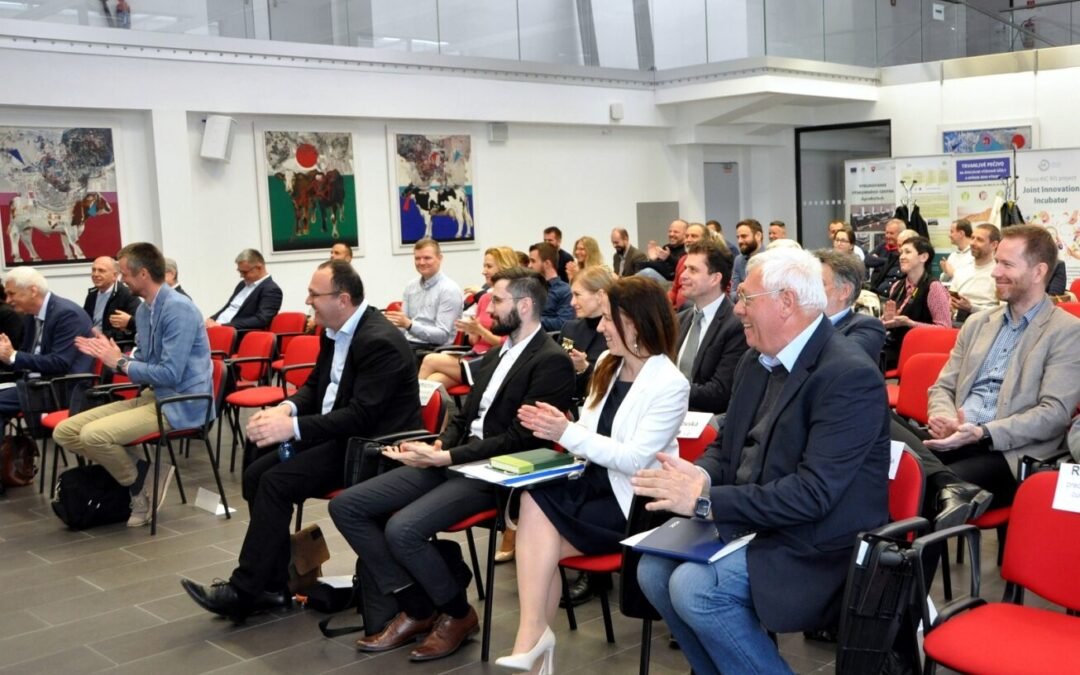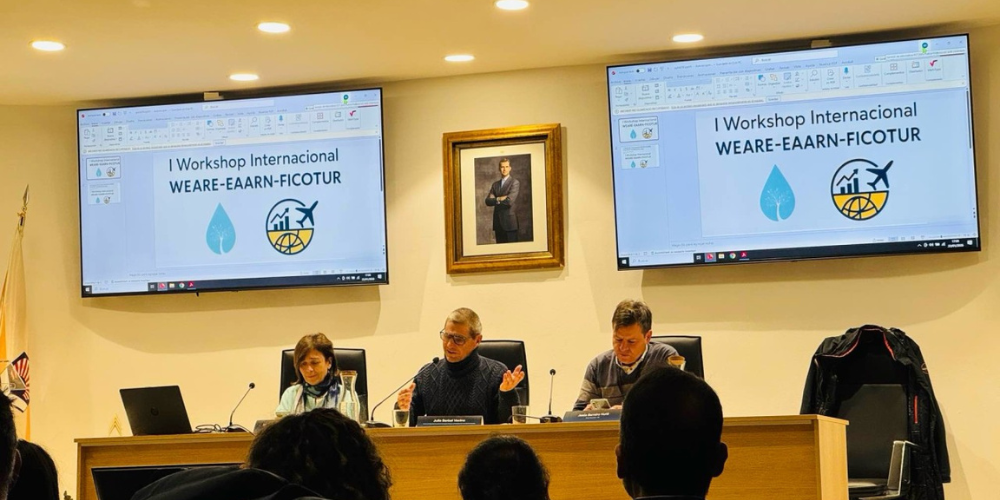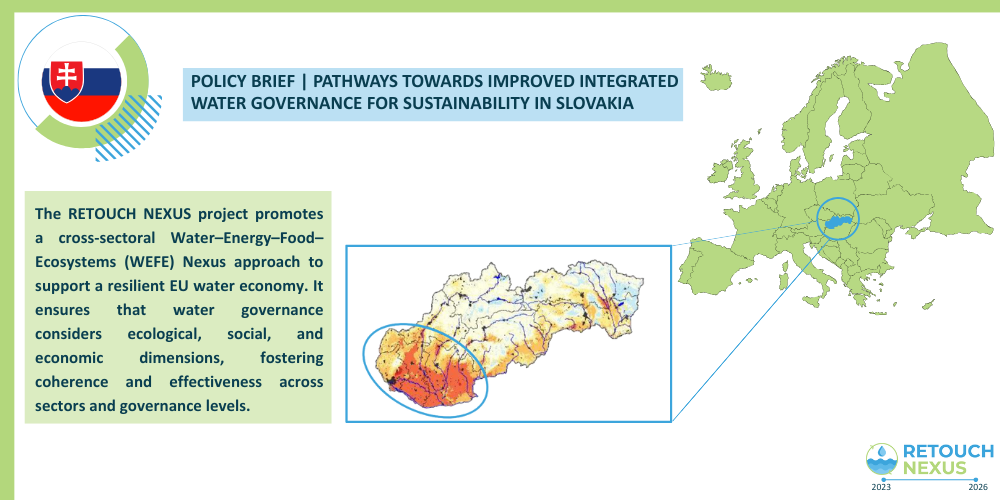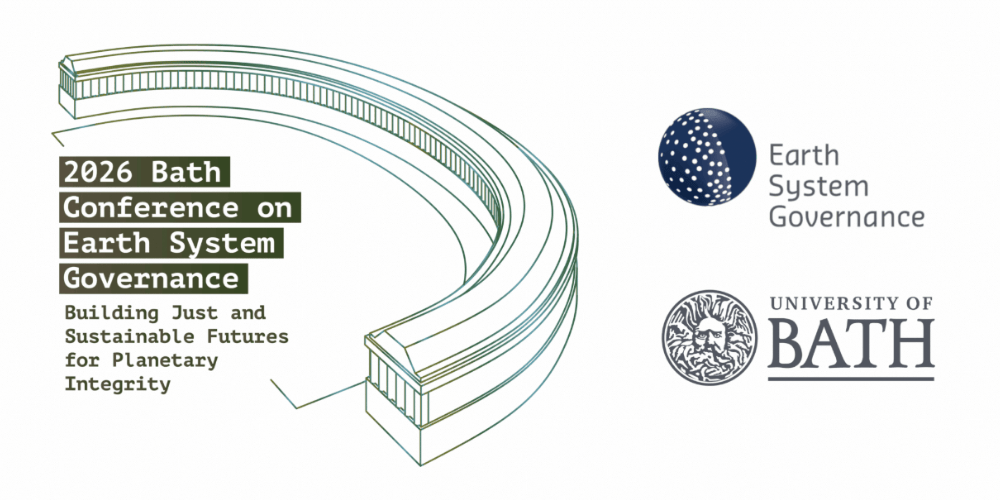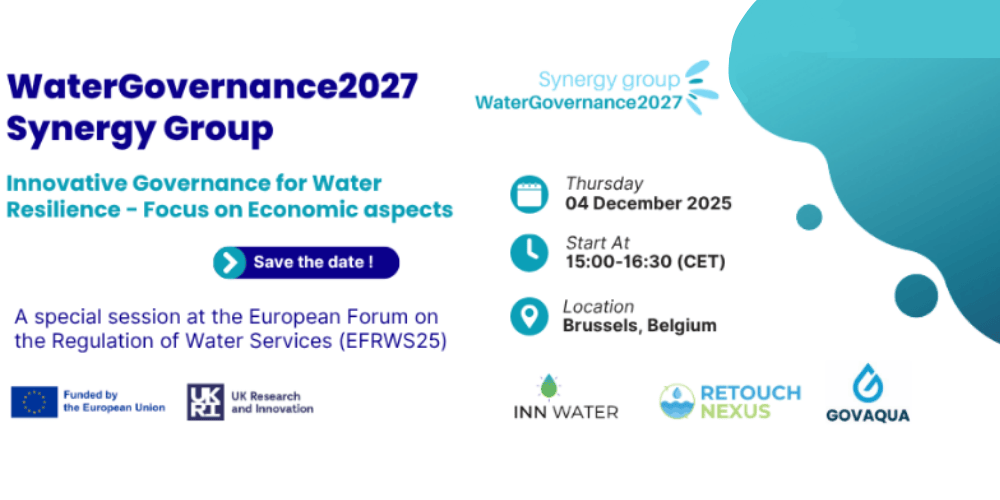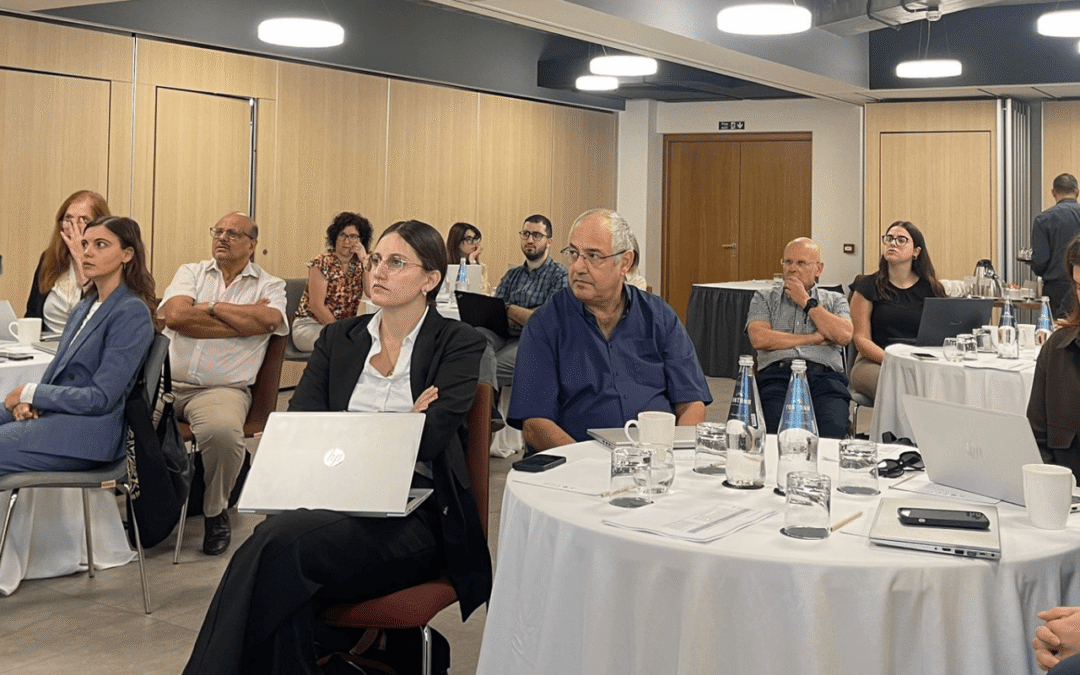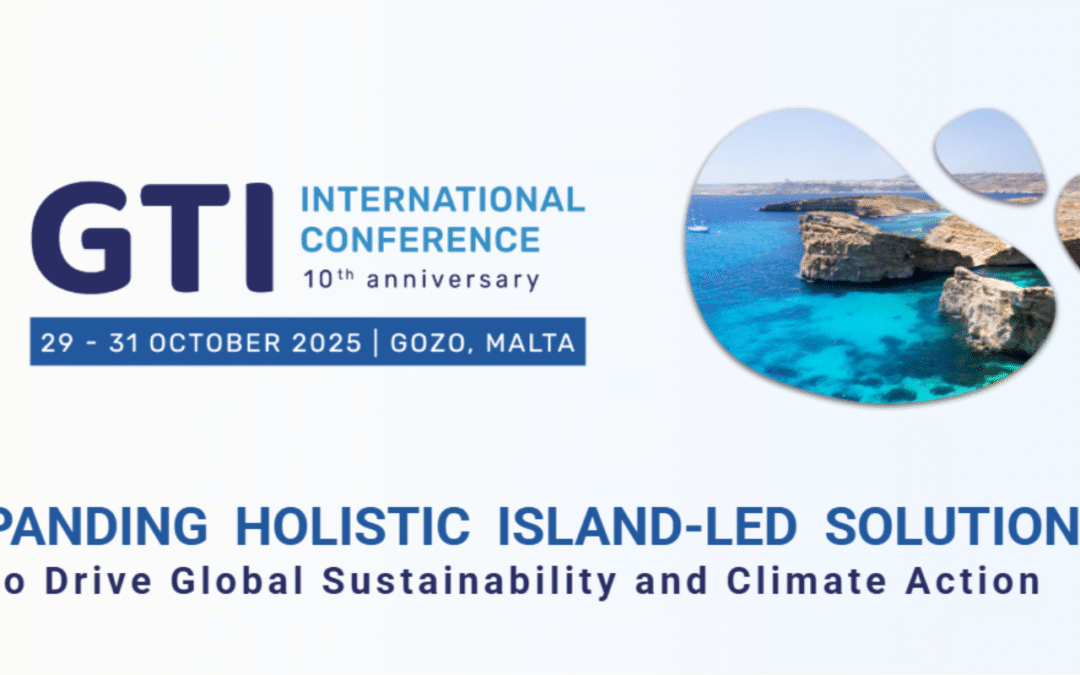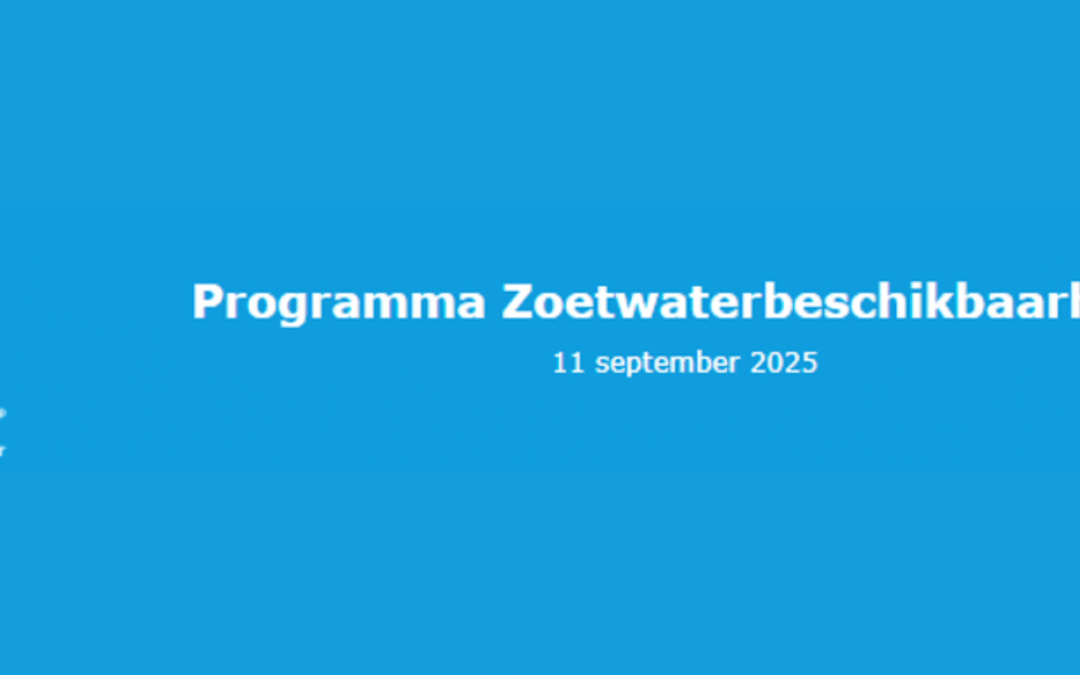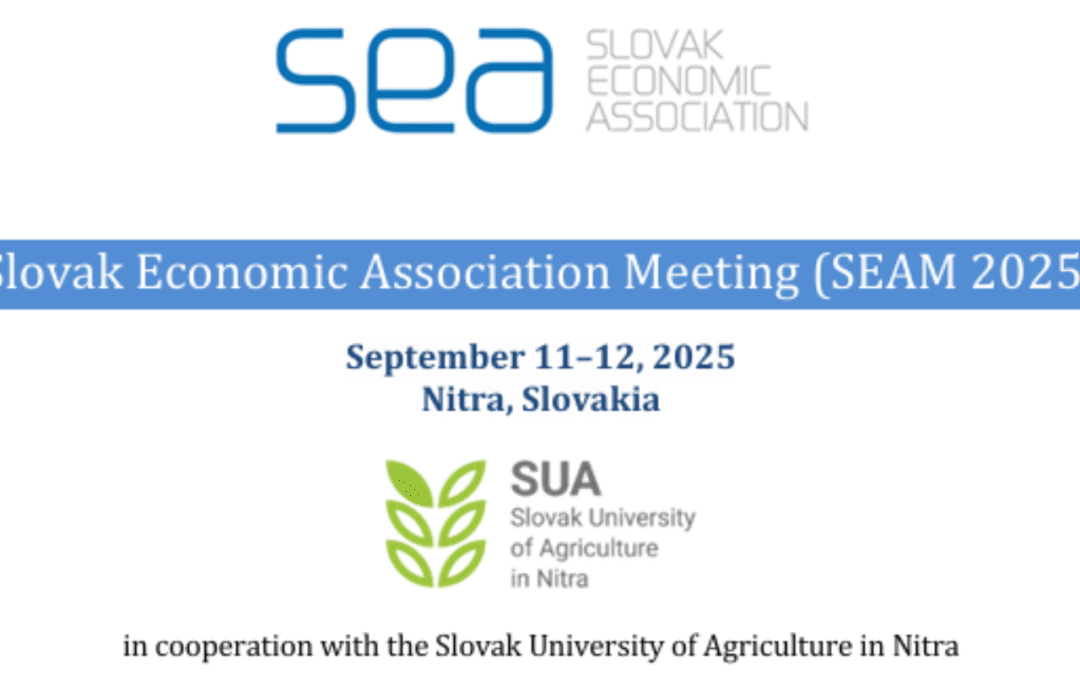The Slovak case study of the RETOUCH NEXUS project recently hosted its inaugural stakeholder workshop, focusing on climate-resilient water management for agriculture, citizens, and ecosystems in southwestern Slovakia. Organized by the Slovak University of Agriculture (SUA) in Nitra, the workshop marked the culmination of months of preparation.
Held on April 19, 2024, at the AgroBioTech Research Center, the event brought together a wide range of stakeholders, including vulnerable groups and minorities, to discuss pressing issues and explore collaborative solutions.
The workshop highlighted the critical impacts of climate change on water resources, affecting agriculture, energy, industry, communities, and ecosystems. Participants engaged in dialogue aimed at fostering integrated, sustainable, and inclusive water management practices. The discussions addressed governance challenges posed by floods, droughts, water insecurity, desertification, biodiversity loss, and land fragmentation in the region.
Key themes included the implementation of SUA’s strategic measures to enhance blue infrastructure, such as water conservation initiatives, rehabilitation of irrigation systems, and legislative adjustments to support sustainable practices across agriculture, energy, and municipalities. Attention was given to promoting natural ecosystems, involving diverse stakeholders in the decision-making process, and creating actionable recommendations for policymakers.

The event emphasized the need for inter-ministerial and inter-sectoral cooperation in water resource management, leveraging modern systems like the WEFE Nexus to ensure collaboration between technical and non-technical actors. Strategies were outlined for accelerating land development projects, addressing property rights, and implementing green and blue infrastructure to improve water retention in the landscape.
The workshop also stressed the importance of restoring water sources, including cleaning reservoirs clogged with sediment, which has significantly reduced their capacity. Adjustments to current laws regulating sediment application were proposed to facilitate clean-up efforts. Additionally, participants discussed upgrading pump stations to reduce energy consumption and costs, revising soil erosion limits to enhance water retention, and establishing or extending irrigation systems. Simplifying permits for small water structures and rehabilitating existing systems without extensive environmental assessments were identified as priorities, alongside preparing for the implementation of reclaimed water regulations.
This collaborative effort marked a significant step toward addressing the multifaceted challenges of climate-resilient water management in Slovakia, setting the stage for continued progress and innovation.
Building Resilience: Economic Instruments for Sustainable River Basin Management
Online – February 26, 2026 Join us for an expert webinar exploring innovative approaches to water governance across Europe On…
RETOUCH NEXUS Presented at the International Workshop WEARE-EAARN-FICOTUR in Córdoba
RETOUCH NEXUS was represented at the International Workshop WEARE-EAARN-FICOTUR: Establishing Networks, held on 22–23 January 2026 in Córdoba, Spain, within the session “Instruments and Policies…
New Policy Brief: Pathways Towards Improved Integrated Water Governance in Slovakia
Integrated Water Governance in Slovakia Slovakia stands at a critical juncture as climate change exposes the nation to increasing droughts,…
Upcoming Event: Earth System Governance 2026 Conference, Bath, United Kingdom
Bath, United Kingdom | 7-11 September 2026 The RETOUCH NEXUS project is pleased to highlight the 2026 Bath Conference on…
Belgian Case Study Takes Center Stage: Agnetenpark’s Innovative Water System Featured on National Television
RETOUCH NEXUS project demonstrates practical water solutions through media engagement. When most people think about saving water, they imagine shorter…
Strengthening Europe’s Water Resilience: Three Projects Unite at Brussels Forum
Brussels, Belgium – December 4, 2025 RETOUCH NEXUS joins InnWater and GOVAQUA to present unified recommendations on economic dimensions of…
💧 Strengthening Stakeholder Engagement in Malta – RETOUCH NEXUS Workshop on the WEFE Nexus Ranking System
In October 2025, the Energy and Water Agency (EWA) hosted a new RETOUCH NEXUS Stakeholder Project Meeting in Malta, bringing…
Join us at the 10th International Conference on Island Sustainability organized by the GTI Foundation
Gozo, Malta | October 29-31, 2025 Expanding Holistic Island-led Solutions to Drive Global Sustainability and Climate Action The RETOUCH NEXUS…
Informative evening for HHNK’s Freshwater Availability Programme
On Thursday, 11 September, the water authority Hoogheemraadschap Hollands Noorderkwartier (HHNK) held an information evening as part of the public…
RETOUCH NEXUS at SEAM 2025 – Advancing Water-Energy-Food-Ecosystem Governance in Slovakia
Nitra, Slovakia | September 11-12, 2025 The RETOUCH NEXUS project is proud to participate in the Slovak Economic Association Meeting…

